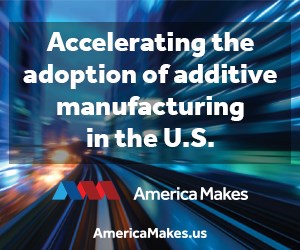DEDSmart Tool Harnesses Data in Real-Time for Build Quality Verification
FormAlloy Technologies’ DEDSmart technology for autonomous DED builds and build data logging utilizes enhanced in-situ monitoring and control, and the power of data, to complete builds autonomously while data logs are automatically exported enabling Digital Build Certification.
FormAlloy Technologies, a directed energy deposition (DED) metal additive manufacturing (AM) solutions company, has developed technology for autonomous DED builds and build data logging. Utilizing enhanced in-situ monitoring and control, and the power of data, builds are completed autonomously while data logs are automatically exported enabling Digital Build Certification. This capability is now available with both powder and wire.
The FormAlloy-developed autonomous build and data logging capability, known as DEDSmart, enables users to harness the power of data by recording all build parameter data, exporting time-stamped data and analyzing the data post-build to verify the build quality. This capability also offers a playback feature so that a process can be frozen and repeated as desired. DEDSmart utilizes all system speeds, feeds and sensors to create a comprehensive build history and generate full-quality, repeatable components.
“DEDSmart provides unprecedented capability for customers to produce consistent and high-quality end-use parts from powder or wire feedstock, with open access to data sets for analysis, performance correlation and part certification,” says Melanie Lang, FormAlloy CEO.
- Read this article on how Formalloy’s AM is bridging high-stakes supply chain gaps — as gaps in the supply chain can create greater risks with far larger real-world consequences.
- Read more about the DEDSmart tool for collecting and visualizing data from real builds using powder-based directed energy deposition (DED), a metal 3D printing process.
- Watch the video or read the transcript as Melanie Lang, founder and managing director of Formalloy, talks with AM Senior Editor Stephanie Hendrixson about laser metal deposition for multiple materials and applications.
Related Content
-
AIM3D Study Shows 3D Printing Ultem 9085 Pellets Offers Lower Cost, Higher Tensile Strength
The material qualification testing indicates many benefits of creating components with AIM3D’s ExAM 510 printer using the composite extrusion modeling process, which uses standard pellets rather than the more expensive filaments required by other platforms.
-
Additive Manufacturing for Defense: Targeting Qualification
Targeting qualification in additive manufacturing for the defense industry means ensuring repeatability as well as reliability as there is much at stake, including human lives. Certain requirements therefore must be met by weapons systems used by the defense industry.
-
Inspection Method to Increase Confidence in Laser Powder Bed Fusion
Researchers developed a machine learning framework for identifying flaws in 3D printed products using sensor data gathered simultaneously with production, saving time and money while maintaining comparable accuracy to traditional post-inspection. The approach, developed in partnership with aerospace and defense company RTX, utilizes a machine learning algorithm trained on CT scans to identify flaws in printed products.


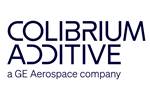

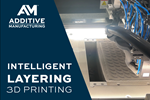
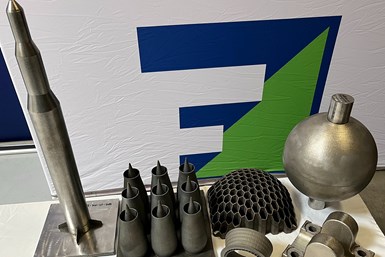
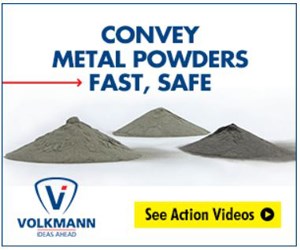

.png;maxWidth=300;quality=90)



